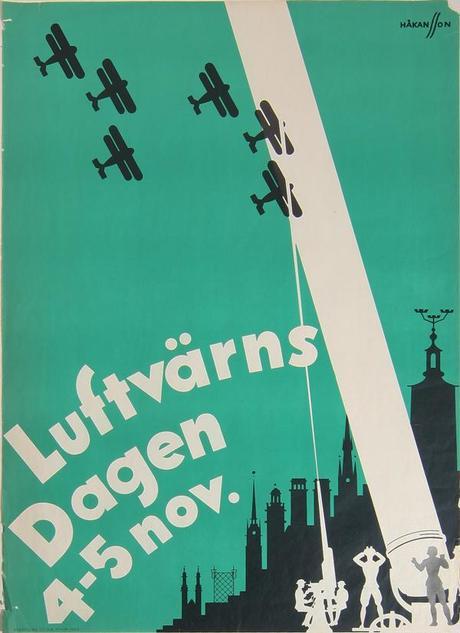
I would not find it anachronistic if Pep Guardiola were in football still as an active player; maybe his late style would be curiously futuristic, or perhaps elegantly nihilistic. And yet Guardiola is now almost at the twilight of his coaching career, in need of some time to recover and properly measure the vastness of the received materials. The membrane of his thoughtful passes has been transformed into the mechanical reclamation of an impossible, unattainable footballing perfection—the fiction of something that was already ‘out of date’ at the time of its manufacture and then was stretched into a dissonant near future. In his tactical tinkering and neglect of abecedarian defensive mechanisms, Guardiola is the most self-reflective and existential among the great soccer conductors; his touch is squarely in the shimmering, retro-speculative territory conjured up some decades earlier by the Pink Floyd in the song “Echoes.” More precisely, his introspection takes a spoonful of prognosis from experimental science-fiction such as Stanislaw Lem’s Solaris, and wrestles with the aftermath of apocalypse like in a play by Samuel Beckett.
Every action of Barcelona has been scaled up from a lone-striker to a multi-dimensional grid of attacking threats, with countless cuttings collated over a generation (a mode of retrieval akin to the contemporary pursuit of the internet for various manifestations of digital material). The transmission or transfiguration of such graph, with cells and repositories that represent a portion of received information, is one case in which the measure of their own production does not equal the sum of their parts. What’s more, the abdication of received wisdom happened right under the nose of footballing academies, with no concession to the suspension of disbelief. It is a positively charged fact that Chelsea could dispose of the Catalan giants by simply letting them emit obscure low wavelength signals, instead of trying to press so high as to prevent any distribution at the inception of the game, to then punish them with the kind of passive-aggressive psychic violence that is best embodied in counter-reactive soccer. Unquestionably, the emblematization of collective memory reconfigures our relationship with this match, plunging us back into the palpable nostalgia of wartime posters; democratic but illusive, the grandsons of Queen Victoria, on loan from the private collection of a Russian plutocrat, have defied traditional readings of the game. ♦

